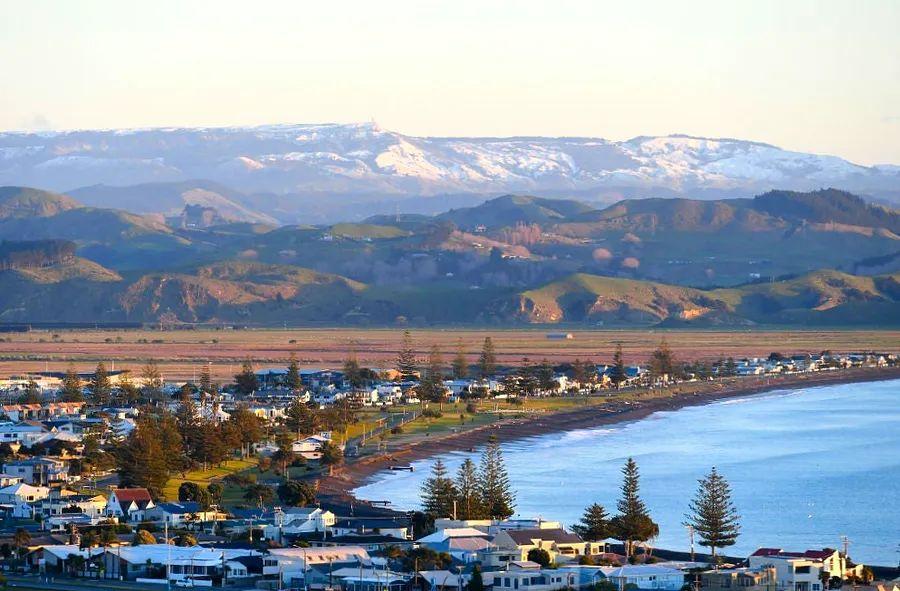New Zealand is targeting early 2022 for reopening its borders to vaccinated travelers


Prime Minister Jacinda Ardern announced on Aug. 12 that New Zealand plans to allow vaccinated visitors to enter without quarantine in early 2022.
Since closing its borders in March 2020, Prime Minister Ardern has garnered international acclaim for her effective management of the COVID-19 crisis, as New Zealand boasts some of the lowest rates globally, with only 26 deaths and under 3,000 confirmed cases, according to Johns Hopkins data.
Following the closure to international visitors since March 2020 due to the pandemic, the New Zealand government will adopt a phased reopening strategy, categorizing incoming travelers into low, medium, and high-risk groups.
"The pathway a traveler follows will depend on the risk linked to their origin and their vaccination status," Ardern stated in a press release on Aug. 12. "Each pathway will have corresponding testing and isolation requirements based on that risk."
Vaccinated travelers from countries classified as low risk will enjoy quarantine-free entry. Those from medium-risk nations will undergo a mix of self-isolation and/or limited managed isolation and quarantine. All high-risk individuals, irrespective of their vaccination status, will be required to complete a 14-day managed isolation and testing. Managed isolation (MIQ) is a form of regulated quarantine.
New Zealand has yet to determine which countries will fall into each category, leaving the position of the U.S. uncertain.
"To prepare for the Medium-Risk pathway, the Government will conduct a self-isolation trial in the latter half of this year to evaluate the processes and systems for safely implementing this option," the Prime Minister stated, emphasizing that the rest of 2021 would be dedicated to preparing this "individual risk-based approach" at the border, including establishing new testing and vaccine verification systems.
"Central to this is upholding our Elimination Strategy. The guidance is clear: If we open our borders now, we risk losing the freedoms and advantages we've gained," Ardern remarked. "If we abandon our elimination strategy too soon, there will be no turning back, and we could face significant outbreaks similar to those in countries that have reopened prematurely during their vaccination efforts."
View this post on Instagram
In response to the delta variant, the government is expediting its vaccination campaign this year, aiming to vaccinate "as many New Zealanders as possible while safely conducting a self-isolation trial for vaccinated citizens in preparation for a gradual return to quarantine-free travel." So far, the vaccination priority in New Zealand has been age-based, but starting September 1, all residents will be eligible to schedule their first vaccine dose. Currently, just over 17% of the population is vaccinated.
"New Zealand is in a robust position. We have no COVID in the community, and our economy is more open than most," stated Ardern. "Our strategy to reopen borders not only safeguards the progress we've achieved but also enables us to reconnect New Zealanders and businesses with the world, taking advantage of the opportunities that have arisen from our success against COVID."
In April, New Zealand granted quarantine-free travel reciprocity to its neighbor, Australia, allowing for quarantine-free trips between the two nations. Although several Australian states had permitted quarantine-free travel from New Zealand since October 2020, New Zealand had delayed this due to isolated outbreaks in Australia.
Evaluation :
5/5



